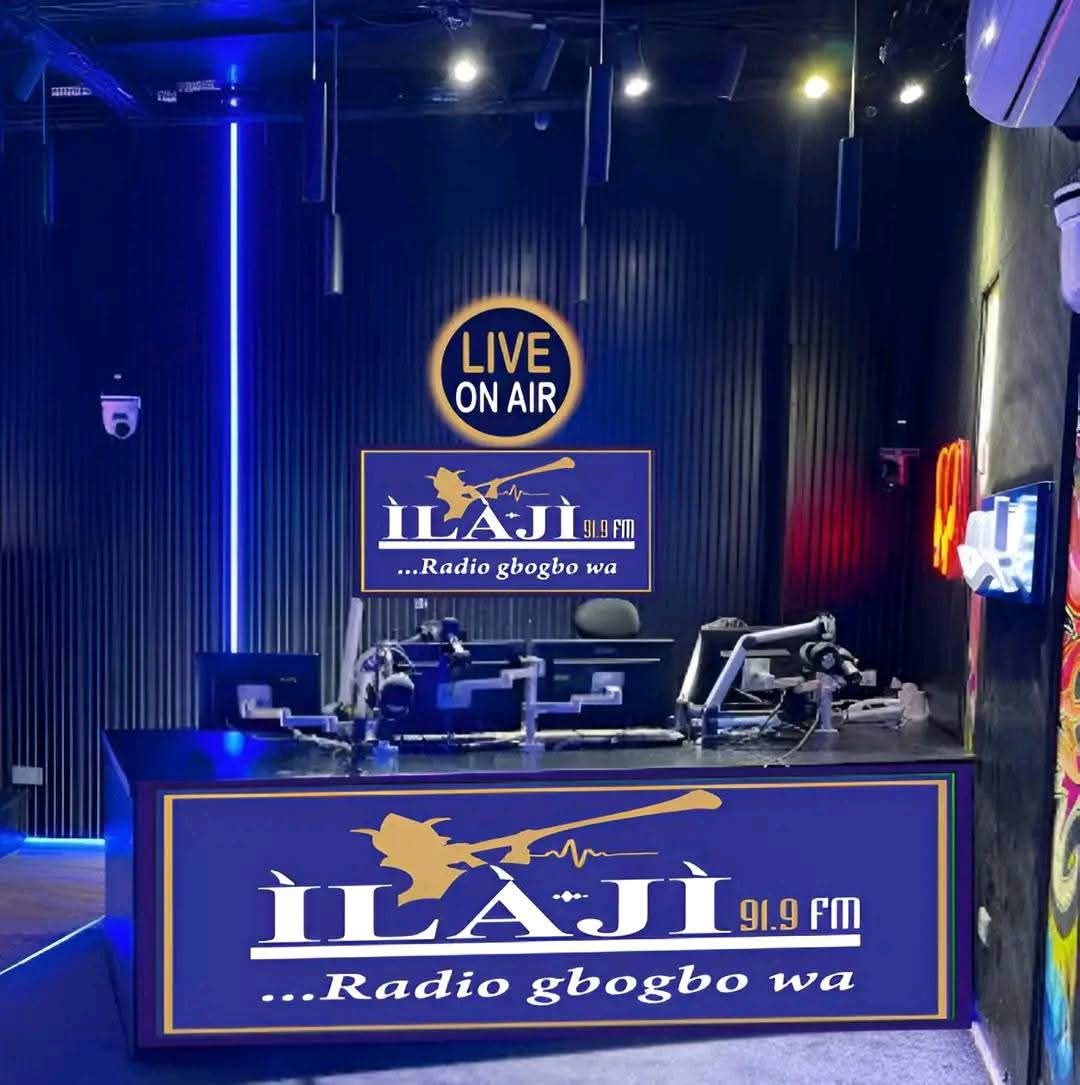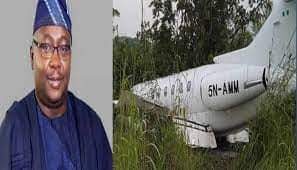The recent crash landing of a Hawker800 aircraft at Ibadan Airport has once again brought attention to the prevalence of illegal commercial charter operators in Nigeria. The incident involved an aircraft operated by Flint Aero, which had a permit restricting it to non-commercial private operations only.
However, it was discovered that the aircraft was used to transport the Minister of Power, Adebayo Adelabu, for a reward, which is a criminal offense.

While investigations are ongoing, stakeholders have emphasized that this incident highlights the economic sabotage caused by the reckless use of private jets for commercial purposes by the wealthy elite and public officeholders. This practice violates Civil Aviation rules and poses a risk to safety.
The National Safety Investigation Bureau (NSIB) has launched an investigation into the crash. Preliminary findings revealed that the aircraft had a permit for non-commercial flight, making it ineligible for commercial operations.
Prior to the COVID-19 pandemic, the General Aviation segment in Nigeria saw a decline in the number of private jets, with only about 100 active out of the previous 200 in 2015. To cope with the economic challenges, operators resorted to creative measures, including violating civil aviation rules.
Apart from evading duties owed to the government, private jet owners have been retaining foreign registration numbers, disregarding local regulations. The illegal use of private jets for commercial and chartered operations encroaches on the territory of licensed air transport operators.
A licensed operator stated that the encroachment is widespread, with many public officeholders involved. They explained that some individuals with private jets are engaging in illegal activities to make money, while others who do not own private jets are patronizing them at affordable rates. This undermines legitimate charter businesses, deprives the country of taxes and charges, and damages the economy.
The Nigeria Civil Aviation Regulations specify that only Air Transport License (ATL) holders and Airline Operating Permit (AOP) holders with a valid Air Operator’s Certificate (AOC) are authorized to carry out charter operations in the country. Private owners who engage in commercial operations without these certifications violate both security and economic regulations.
Captain Ibrahim Mshelia, a charter airline operator, argued that the prevalence of illegal operators is primarily the fault of the Department of State Services (DSS). He stated that the Nigeria Civil Aviation Authority (NCAA) cannot discriminate between commercial and private operators during registration, but it is the responsibility of the DSS to flag operations that exceed approved limits.
Aviation security consultant, Group Capt. John Ojikutu (rtd), emphasized the need for better control over flight plans and operations. He highlighted the issue of foreign registered aircraft illegally conducting commercial flights within the country. Ojikutu called for improved regulations and monitoring by the NCAA and Nigerian Airspace Management Agency (NAMA) to ensure compliance and prevent such violations.
As the investigation into the crash continues, stakeholders are urging the government to take stricter measures to curb illegal charter operations and ensure the safety and integrity of the aviation sector.

